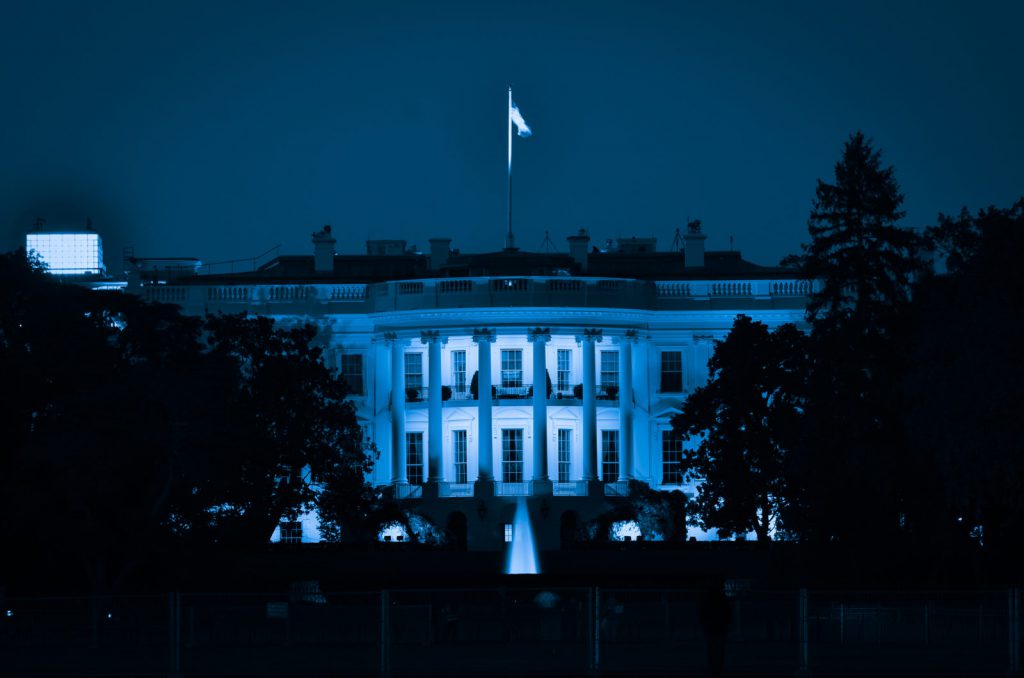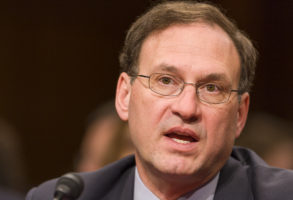
Published January 22, 2018
Exactly a year into Donald Trump’s presidency, Washington awoke to a government shutdown. Our elected officials, by a staggering series of missteps, had left their basic work undone yet again.
Many of us look at this as another drama about the president. Mr. Trump is a uniquely dysfunctional chief executive. He contributed to this latest failure of governance with some characteristic misbehavior: erratic, contradictory commitments; confusing tweets; even blowing up a negotiating session by crudely insulting vast swaths of humanity.
As Mitch McConnell, the Senate majority leader, said last week, “As soon as we figure out what he is for, then I would be convinced that we were not just spinning our wheels.”
Yet this hardly means the president alone has been behind the latest breakdown or the year of dysfunction that preceded it. The problem Mr. Trump poses for the rest of the constitutional system is not that he is too strong and overbearing, but that he is too weak and fitful.
For Congress, such a problem might easily present an opportunity. A president unsure of what he wants could be a chance for the legislative branch to put itself in the driver’s seat.
That nothing of the sort has happened suggests that Mr. Trump is far from the whole story of contemporary Washington’s debilitation. His weakness has shed light on Congress’s weakness, and should force legislators to face some tough questions about the state of their own institution.
Our Constitution puts Congress first, and its framers expected legislators to dominate the work of the national government. James Madison took it for granted that “in republican government, the legislative authority necessarily predominates” and expected the legislative branch to be always “extending the sphere of its activity, and drawing all power into its impetuous vortex.”
But things have not turned out that way. Conservatives are accustomed to blaming that on aggression by the other two branches — an overweening executive and administrative state and a hyperactive judiciary. There is surely truth to that indictment. But we should acknowledge, too, that the aggression of the other two branches has often been invited by the willful weakness of the Congress.
Not wishing to take responsibility for making hard choices, members of Congress (particularly when the president is of their party) have long been happy to enact vague legislation at best and to leave big decisions to the executive and judicial branches. Over time, as this habit has hardened, they have lost the knack and the muscle memory for legislating.
In fact, although everyone agrees Congress is broken, it has eschewed its dominant role for so long that even reformers disagree about what it is that Congress is failing to do in the first place — and what purpose institutional reform should serve.
Is Congress’s purpose to implement the agenda of the majority party most effectively, or is its purpose to compel and enable accommodations in a divided country? Today’s Congress does neither very well. But which failure is a bug and which is a feature?
Those two visions of Congress’s purpose (which the political scientist Daniel Stid labels “Wilsonian” and “Madisonian,” respectively) generally point in opposite directions when it comes to strengthening Congress, but they are too often confounded. The Wilsonian vision would have Congress function more like a European parliament, with stronger centralized leadership and fewer choke points and protections of minority prerogatives. It would enable the party that won a majority of seats to enact its agenda and see what voters make of it in the next election.
The Madisonian vision would recover the purpose of Congress in our larger constitutional system but would mean slow going, greater cacophony, less centralization and more opportunities for coalitions of strange bedfellows to form. It would have Congress serve as an arena for continuing bargaining and compromise, on the premise that greater social peace is better for the country than either party’s bright ideas.
A more parliamentary Congress has been the dream of progressive reformers for more than a century, but it is a poor fit not only for a system of divided powers but also for a polarized society. We need Congress to pursue and drive accommodations — in fact, as the political scientist Philip Wallach has recently argued, Congress is really the only institution in our system of government that could do that.
Reforms rooted in that vision would need to focus especially on the budget process, which has come to dominate and distort Congress’s work. Making that process more like legislative work (divided into small, discrete, concrete steps that call for bargaining over particulars) and less like executive work (consolidated into a single, large decision that calls for unity around abstractions) would advance the Madisonian ideal of Congress and could mean rethinking elements of the committee system, the work of “scorekeepers” (like the Congressional Budget Office), the relationship between leadership and backbenchers, even the distinction between authorizing and appropriating that now too often separates policy priorities from budgeting.
Many members of Congress would surely recoil from big changes like these. But they should consider whether a small handful of up-or-down votes per year on enormous bills they barely read while leaving core responsibilities (like budgeting) unmet is really the work they signed up to do.
In fact, members of Congress should carefully consider just what work they did sign up to do. The weakness of the Congress is a result of dereliction and of a growing confusion about the role of the institution. Too often, members in both parties seem to conceive of their work as performative rather than deliberative and use Congress as a platform to raise their profiles or build their personal brands before a larger audience, rather than letting Congress’s constitutional contours contain, reshape and channel their ambitions.
This is also how President Trump conceives of the presidency — and in some key respects how his predecessor did, too. It is how too many judges think of their work, and how too many journalists, professors and other professionals think of theirs. They think of institutions not as formative but as performative, not as molds that shape their character and actions but as platforms for displaying themselves and signaling their virtue. A recovery of Congress would be one form of a broader and deeper recovery of institutional responsibility, the need for which has been made abundantly clear in recent years.
This suggests the problem is awfully daunting and widespread. But it also suggests that each of us can begin to take it on where we are. For members of Congress, that means that complaints about the president, however justified, should not entirely overwhelm a more humbling imperative: Heal thyself.
Yuval Levin is the editor of National Affairs and Hertog Fellow at the Ethics and Public Policy Center.








